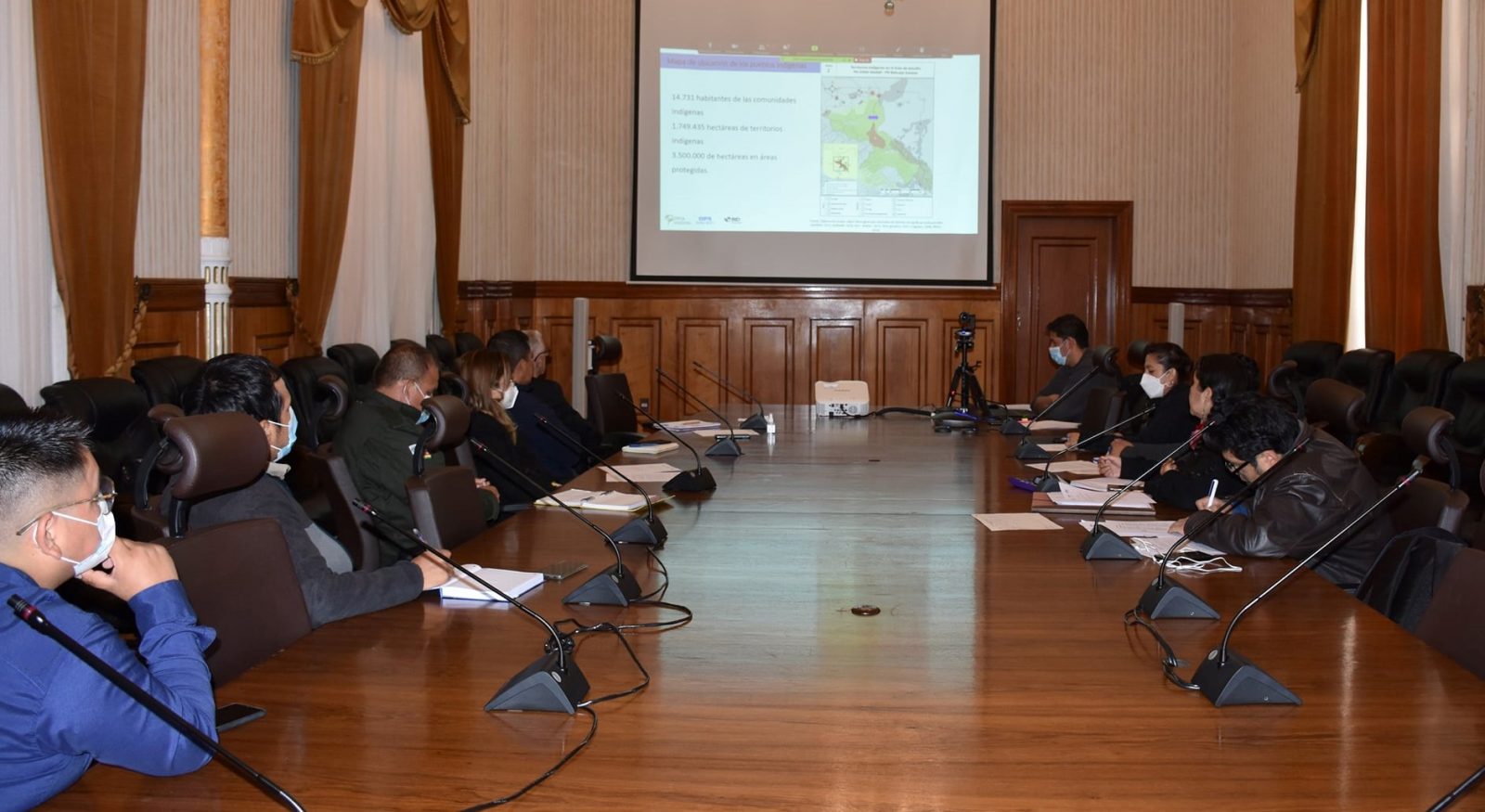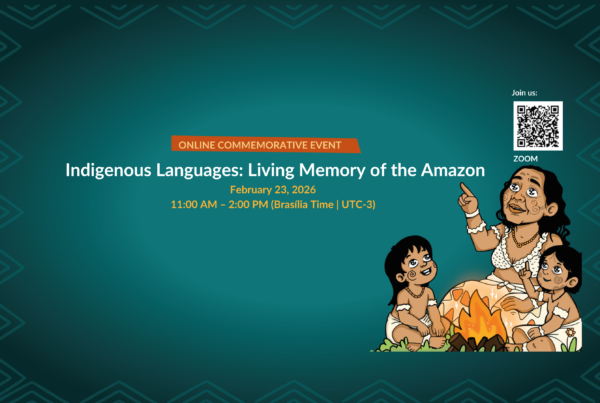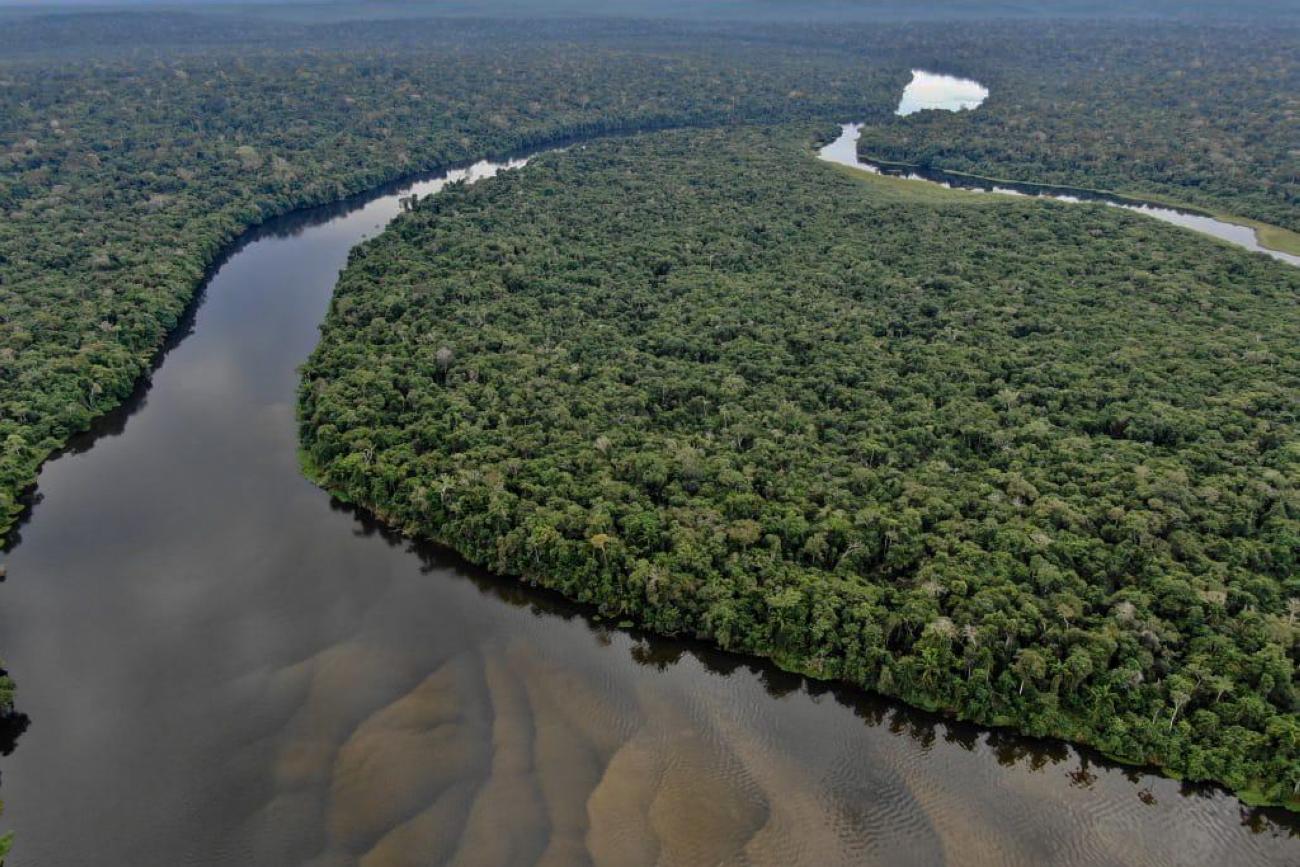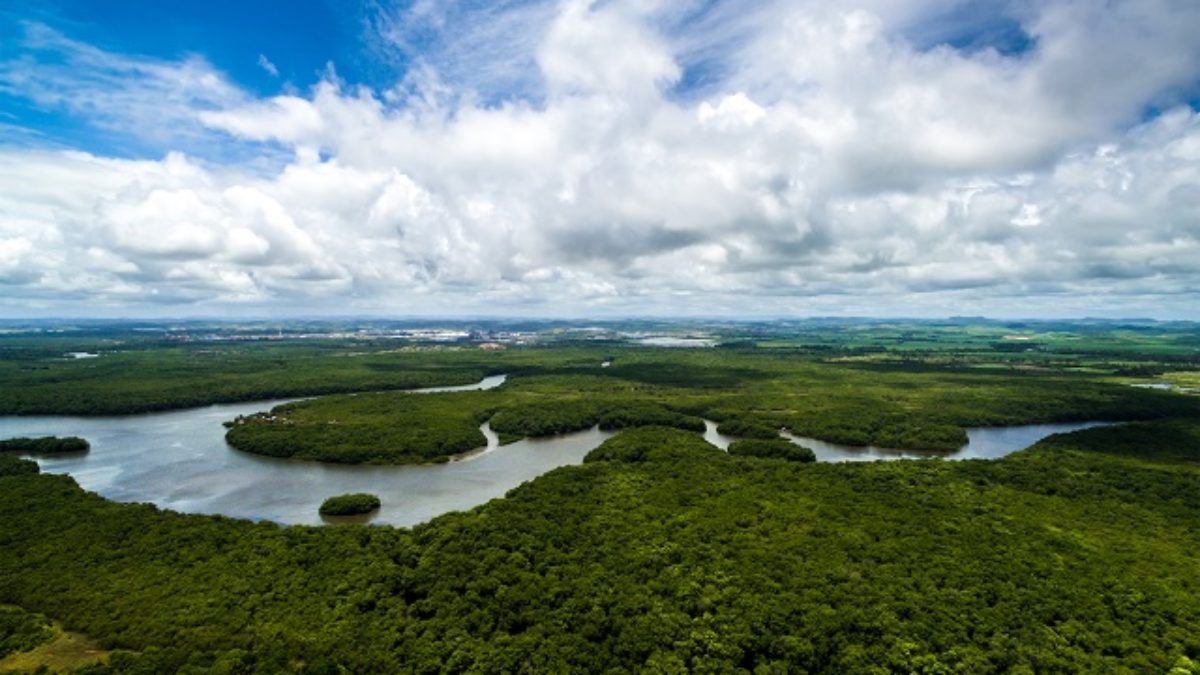The second coordination meeting for the elaboration of the Health component of the Binational Agreement between the Madidi Parks, in Bolivia, and Bahuajá Sonene, in Peru, was held on April 8, in the city of La Paz, promoted by the Ministry of Foreign Affairs of the Plurinational State of Bolivia.
Along with representatives of the Mother Earth and Water Sector of the Ministry of Foreign Affairs of Bolivia, the Directorate of Traditional Medicine of the Ministry of Health, representatives of the Madidi Natural Park and the Director of the San Buenaventura Hospital were present. On behalf of Peru, the technical teams of the Ministry of Health, the Ministry of Culture, the Subregional Program for South America (PAHO/WHO), in addition to the technical team of the Amazon Cooperation Treaty Organization (OTCA), consultants and collaborators, who for the first time were part of the articulation work in this area.
The objectives of the meeting were to coordinate actions and establish guidelines for the development of a bilateral agreement that allows working on topics such as the health of indigenous peoples and pollution of nature. These are urgent action steps in a complex context. In this sense, there was a consensus on the importance of promoting traditional medicine practiced by the indigenous population that lives in this cross-border region, expanding the territorial area of influence of the existing agreement and also the inclusion of other State Institutions, which are directly linked to possible activities to be implemented as products of this new agreement still in the elaboration phase.
Likewise, it was agreed that the next articulation activities will be carried out in the territory during the second half of 2022, and which will include visits and coordination with indigenous communities in the development of strategies to prevent and combat infectious, contagious, respiratory diseases, and all those resulting from territorial actions that have a polluting effect on nature, but specifically, due to mining activities that contaminate waters with mercury.
As a consequence of the new productive activities, one of the findings is the change in the productive matrix, which, in turn, has effects on the change in the diet that affects mainly women and children, as malnutrition problems often arise. On a regional scale, the food sovereignty of indigenous families is relatively affected, causing new diseases and pathologies, including zoonotic ones, and their dissemination in indigenous and local communities, caused by deforestation and land use change in the region of intervention of the Bolivia-Peru bilateral agreement.
Finally, it is expected that the Ministries of Health of Bolivia and Peru will move forward with a proposal for a bilateral agreement, which includes these issues, with a comprehensive view of the context, and that addresses the needs and problems of indigenous peoples in health. . , and the environment in particular.
ACTO, within the scope of the Contingency Plan for the Protection of Health in Highly Vulnerable Peoples and Peoples in Initial Contact project, implemented jointly with PAHO and with the support of the IDB, will facilitate the actions planned to materialize the health component in the agreement between the Madidi and Bahuajá Sonene parks, including the Tambopata National Reserve.



